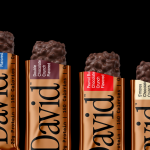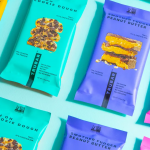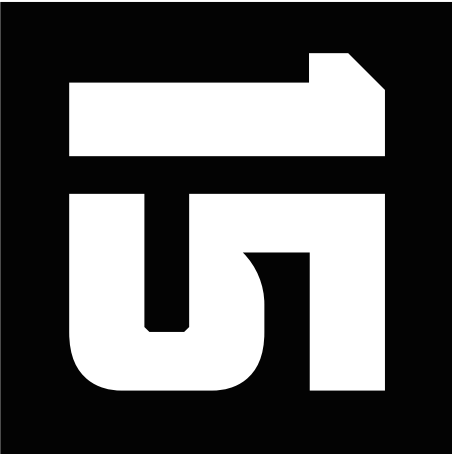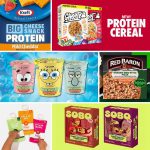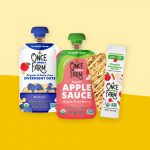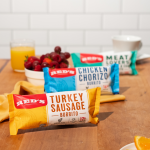Analysts React to Stonyfield Acquisition

In March, French food conglomerate Danone announced its acquisition of organic food producer WhiteWave for $12.5 billion, a move that sets the company up to be a global leader in plant-based and dairy-free products for years to come.
Yet while that deal has grabbed the bigger headlines, it was contingent upon a stipulation in the company’s antitrust agreement with the U.S. Department of Justice requiring Danone to sell Stonyfield before the WhiteWave acquisition could be approved. Last week, Danone cleared the final hurdle in announcing Stonyfield’s acquisition by its fellow French dairy company, Lactalis, for $875 million.
After enjoying over a decade of growth under Danone, the New Hampshire-based company is beginning a new chapter. In discussing the deal with NOSH, analysts and experts in the organic grocery space noted that while the deal was ostensibly about freeing Danone to secure the bigger prize of acquiring WhiteWave, it also affirms the long-term value of a strong organic brand.
“On the surface, it looks like a high multiple, but it speaks to the value of the brand and the potential for future growth,” wrote Michael McCully, an independent dairy consultant and a former dairy procurement director at Kraft Foods, in an email.
According to Errol Schweizer, a strategic advisor to organic companies and a former grocery buyer for Whole Foods, the sale price affirms that “large CPG companies really understand the long-term value of clean food and natural and organic brands.”
“The first thing I thought when I heard about Lactalis was a sense of relief that it’s a family owned, privately held company and also they are not really in the space,” said Schweizer, who worked closely with Stonyfield in his role at Whole Foods. According to market research provider Euromonitor International, as of November 2016, yogurt sales represent only 10 percent of sales for Lactalis, giving it ample room for growth. “Stonyfield is going to represent a tremendous asset and opportunity for them,” Schwizer added.
In acquiring Stonyfield, the second-largest organic yogurt brand in North America, Lactalis is looking to shore up a notable gap in its portfolio; the company is the second largest dairy corporation in the world, but only the ninth largest yogurt producer. In a report published last year, Lianne van den Bos, senior food analyst at Euromonitor International, noted that the company was driving international expansion to reduce its reliance on the French market, a strategy marked by the recent acquisition of Italian dairy brand Parmalat and Swedish dairy cooperative Skånemejerier. “In order to maximize growth potential and its existing scale in butter, Lactalis should focus on new growth markets, including the U.S., Iran, India and Germany,” wrote van den Bos.
In taking on an established and trusted brand, both McCully and Schweizer agreed, Lactalis would seek to minimize any potential impact of the deal at the retail level, at least initially.
“In the US, the Stonyfield products are in categories where Lactalis has little to no exposure today,” wrote McCully. “Ostensibly, they are buying the business to grow it, so it’s not in their interest to be disruptive. At least for a while, I don’t think there will be much, if any, impact at the retail level.”
“Hopefully, on a retail level, it will be seamless,” Schweizer said of the transition. Looking ahead to the potential positioning at Whole Foods in the wake of the grocery chain’s acquisition by Amazon last month, he noted the mutual importance of Stonyfield’s relationship with the retailer, along with the high level of competition in the yogurt category, could open up further doors for collaboration.
“Now with Lactalis coming in, there will be additional incentive for Whole Foods since I assume [Lactalis] have deeper pockets and can do more of the promotion and marketing that Whole Foods is looking at to build out some of the channels they are developing in terms of e-commerce and their loyalty rewards program,” he said. “Their category management merchandising strategy continues to evolve and get more competitive.”
Aside from the commercial side of the equation, Schweizer noted that Stonyfield’s acquisition by Lactalis would also be worth watching just to see how the battle between the rival French dairy houses would play out.
“It’s also going to make for a really interesting dynamic in dairy now that Lactalis’s key asset will be competing with Danone,” he said. “I think that should make for some interesting CPG drama in the dairy set for those grocery nerds among us.”


